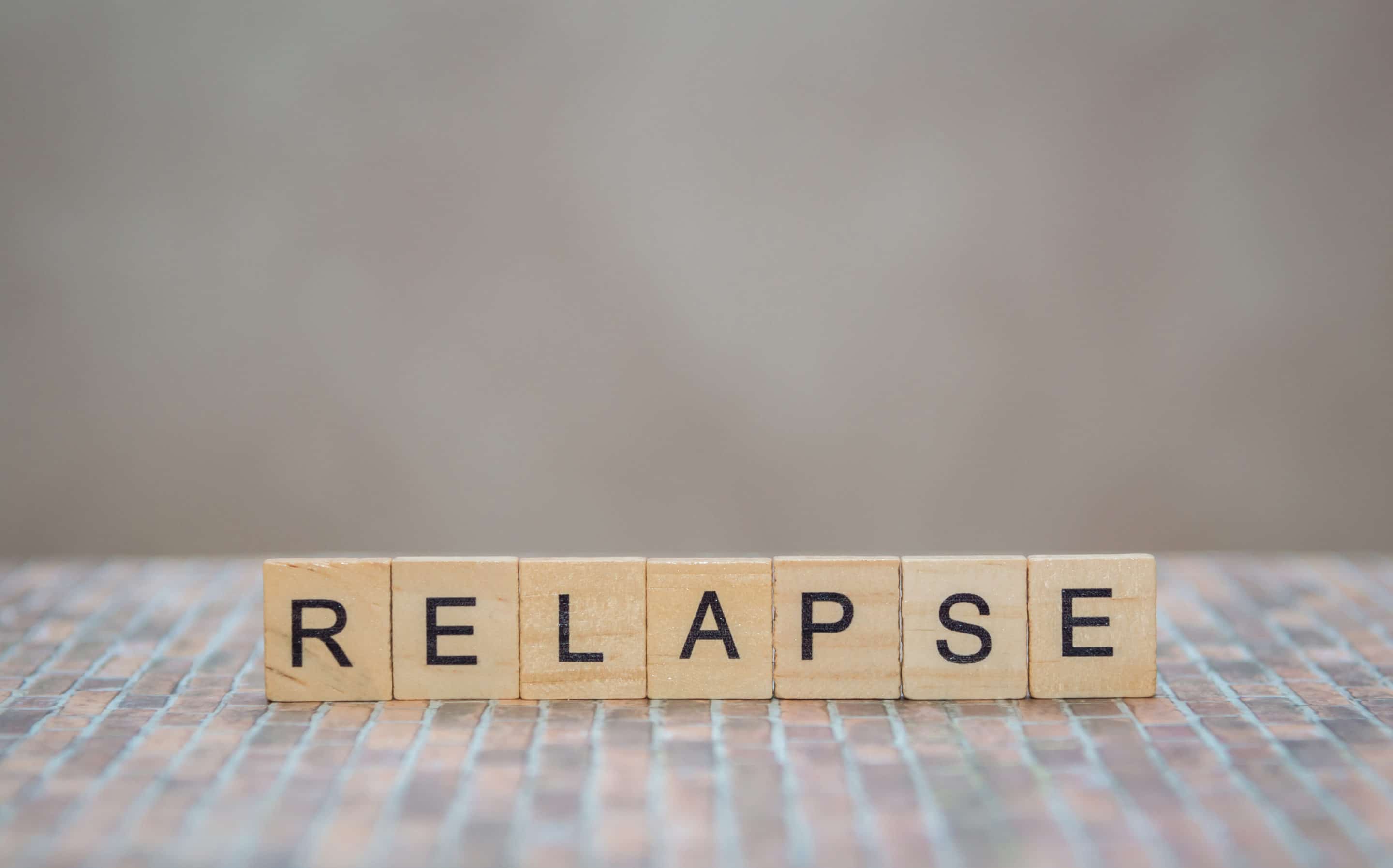
Relapse is an unfortunate but expected occurrence during recovery from addiction. Some may even experience a lapse multiple times as they strive for lifelong sobriety. While these instances can put a damper on one’s motivation, they don’t necessarily suggest that the individual will end up returning to substance abuse in the long-term.
That being said, avoiding relapse should be a priority even if you’re confident that you can quit again. There are various triggers that can lead you back into addictive tendencies and turn you to drugs or alcohol as a coping mechanism. Here are the top four contributors to relapse and how to approach each one.
1. Starting With Stress
Stress is a leading cause for both substance abuse and relapse. When you don’t know how to properly process or handle large amounts of stress, it’s easy to seek out certain substances that provide relief. This style of self-medicating is extremely dangerous and is what leads to addiction in most cases.
Just like how it can kickstart addiction, stress pulls you back in even after successful addiction treatment. Stress can’t be removed from the world around us so it’s crucial that you learn how to deal with stressful situations sooner than later. Always take a moment to step back and look at what’s causing the stress in order to make a plan on how to address it.
If there are stressful or toxic environments that you aren’t required to be a part of, simply remove yourself. No relationship or activity is worth it if it brings on enough stress to potentially cause a relapse.
2. Past Connections That Stir up Old Feelings
Social groups that participated in drug or alcohol abuse with you aren’t always going to trigger a relapse by being around them but the relationship should be monitored. For some, their friend group supports their decision to live sober and will help them however they can even if it means not using or drinking around the individual.
If you find that your previous social group isn’t on board with your recovery then they aren’t the right group to associate with at the moment. Even loved ones can trigger feelings and emotions related to your time addicted. In the case that these loved ones are still supportive, take things slow as you work on removing their association to the past and create new memories with them.
3. Exposure to the Focus of Your Addiction
The brain is extremely adept at making connections between our senses and memories. Those who struggled with addiction to alcohol may have a hard time even being around the substance. It’s common to feel these cravings as drinking is familiar and comfortable, even with the negative impact it has.
Recovering from addiction goes beyond achieving and maintaining sobriety though. It’s about creating a new life that doesn’t revolve around drug or alcohol use. When you make these lifestyle changes and improve your physical and mental health, substance use begins to lose its appeal. Immerse yourself in classes such as cycling, cooking or even financial literacy to help relieve financial stress.
4. Getting Caught up in the Celebrations
Events that are typically exciting and fun can also be the culprit behind relapse. Birthday parties, holiday gatherings and family get-togethers create a happy and supportive environment that may lead to you feeling like you can have just one drink and be fine. In these cases it’s best to simply not test yourself as it could have disastrous results.
It’s difficult for those who have faced addiction to gauge where they are and what they can take on without pushing themselves to relapse. If you find yourself at a party and are struggling to abstain from problem substances, ask a trusted friend or loved one to help keep an eye on you. They can politely but firmly remind you that sobriety is your ultimate goal.
Don’t Let Relapse Stop Your Recovery
Identifying and preparing to overcome triggers in your life should be part of the recovery process, but there are times where life catches us off guard and relapses happen. At America’s Rehab Campus, we understand just how challenging living a sober life can be. If you or someone you know is in need of help avoiding relapse, please reach out to our recovery specialists today for a free consultation.

